INDIA: Elephants are not just adored for their innocence and lovable looks but are also respected as an incarnation of the elephant god, Ganesha. However, there is another side of the story, which is using captive elephants for entertainment purposes. Riding an elephant is a joy for humans, but it is anything but joyful for the animals.
Workload for elephants
India, which accounts for over 55% of the total Asiatic Elephant population in the world, provides the highest possible protection under the national wildlife laws. Still, elephants in captivity are widely used for commercial purposes by the tourism industry in wildlife parks, tourist rides, circuses, and more.
They were also used as a mode of transport during the monarchical times. In recent years, they have been used to transport wood in the jungle, and other materials in urban areas. You also come across elephants being used as decorative items at weddings, temple ceremonies in South India like Thrissur Pooram in Kerala, and also temples at Guruvayur. They are painted with harmful chemicals that lead to skin diseases.
Taming an elephant calf
The normal practice is to capture an elephant calf and have it undergo a ruthless training process called the crush. During the training, they are beaten, poked, tied up in chains, and starved into submission by their handlers. These babies are abused, fed limited food, and are forced to live a fairly solitary life. An Ankush (bullhook) is used to control them. They are relocated to areas where they do not belong and are used for monetary gain.
Improper places to live and work
The elephants are moved to places that have a hot and dry climate, like Rajasthan, to entertain tourists. Amer Fort in Jaipur is a good example. It’s brutal for the elephants to trudge up hilly tar roads, which become unimaginably hot during the summer, while carrying heavy loads and providing rides to tourists. The working hours stretch over 12 hours, during which they receive no food or water to avoid littering roads.
Expensive affair
Owning and taking care of an elephant is a gigantic task. The owner has to make a lot of provisions for the elephant. The diet of an elephant is massive. On average, a middle-aged healthy elephant needs about 200-250 kg of food per day, consisting of jaggery, sugarcane, fruits, grains, grass, foliage, hay, banana stock, ragi, rice, gingerly oil, vegetables, pulses, and 5,000 gallons of water. They also need to be provided with a proper place for living, medical facilities, and logistical support. All these provisions create a huge financial burden on the owner, amounting to approximately INR one lakh per month.
The role of COVID-19
The recent COVID-19 outbreak and lockdown brought the entire world to a standstill. The tourism industry, in particular, was badly hit, making life miserable for both humans and animals.
Today most of the captive elephants are out of work and have turned into financial burdens. The absence of tourists and devotees left thousands of jumbos in Kerala and Rajasthan without work. There are no more rides, temple processions, or festivals. In a way, they are enjoying a breather due to the lack of tourism and the closed entertainment industry. However, that is a cause for concern for the elephant owners who have no way to feed the animals.
Government help
Elephant owners have appealed to the government over the lack of income, seeking help. The government has taken notice and is stepping in with assistance. In Rajasthan, every elephant handler is being given financial support to look after their jumbos.
Captive elephants in Kerala are provided with free food kits. The kit has rice, wheat, ragi, green gram, horse gram, salt, turmeric, and jaggery (6 kg). The state government also released Rs five crores for privately-owned captive elephants in the state.
Also read: Naturalist Paradise Is A Hidden Gem For Tourists
In Karnataka, the forest department is making efforts to ensure the upkeep of the state’s privately-owned jumbos. In Tamil Nadu also, the forest department is trying to allocate appropriate funds, food, and veterinary attention to the state’s captive elephants, as well as the mahouts.
Future of elephants in the entertainment industry
The pandemic has opened Pandora’s Box. Protests to stop using jumbos for the tourism industry have been going on for quite some time. COVID-19 has helped the issue to resurface and bring change to a problem that has been neglected for decades. People for the Ethical Treatment of Animals (PETA) has been constantly working to stop elephant rides.
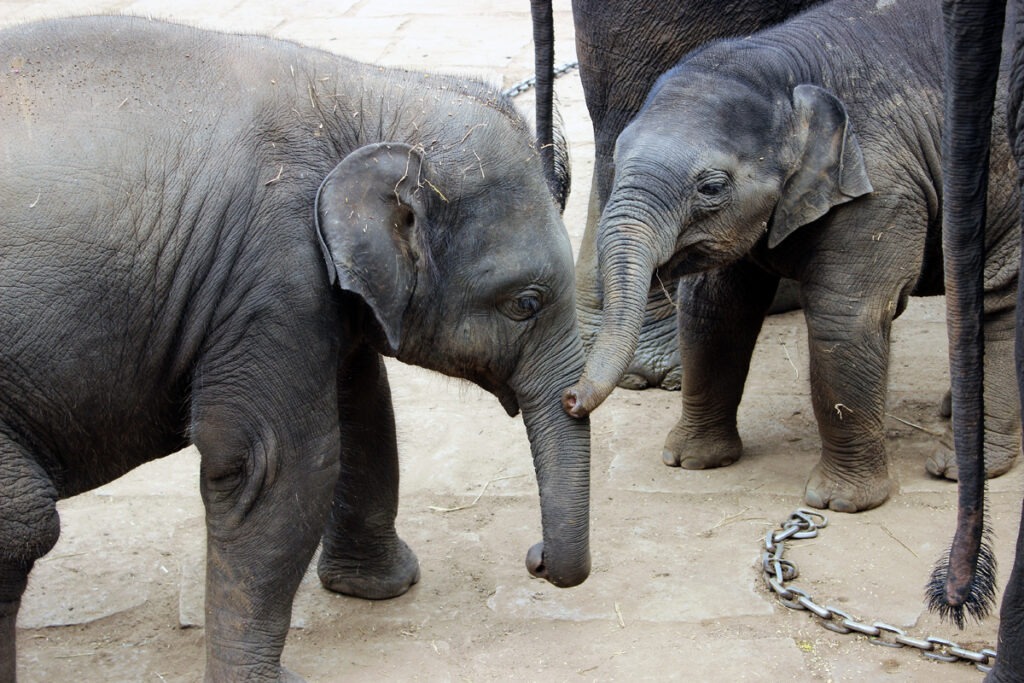

Photo Credit: Pradeep Chamaria

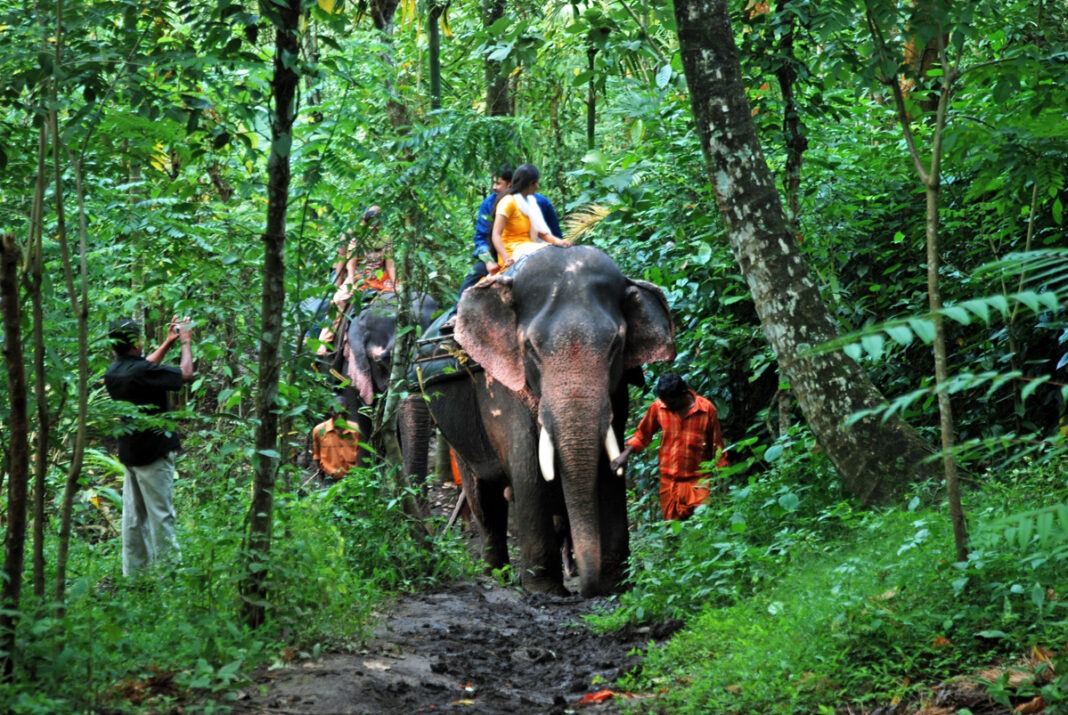
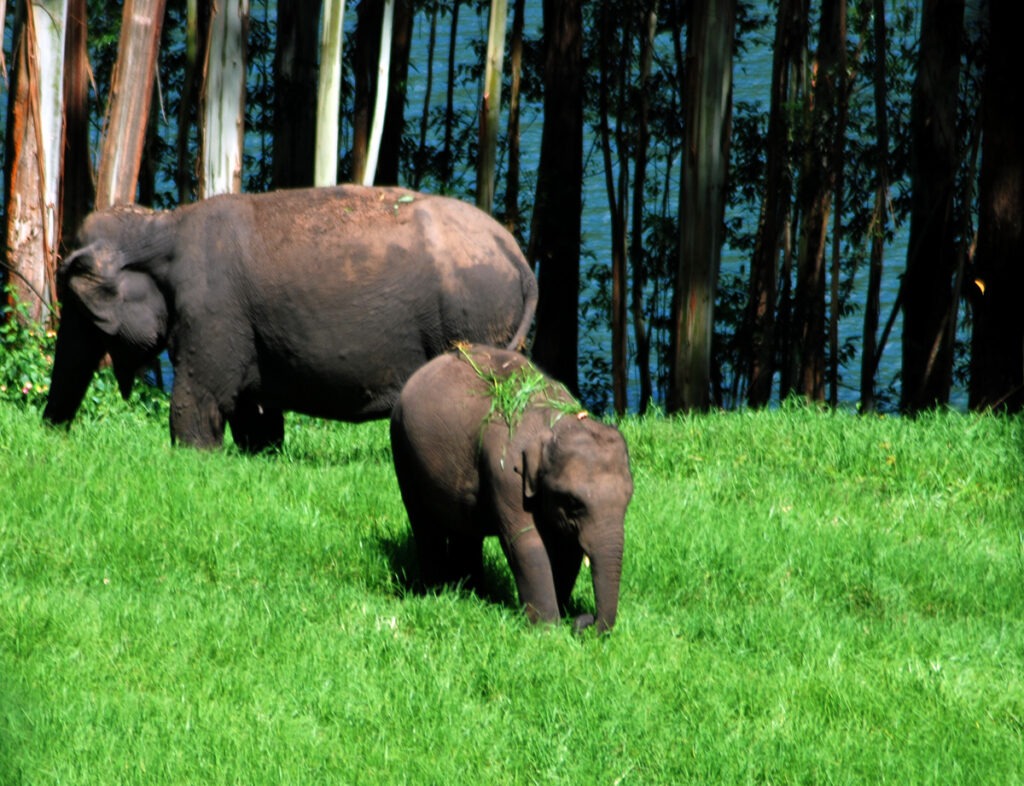
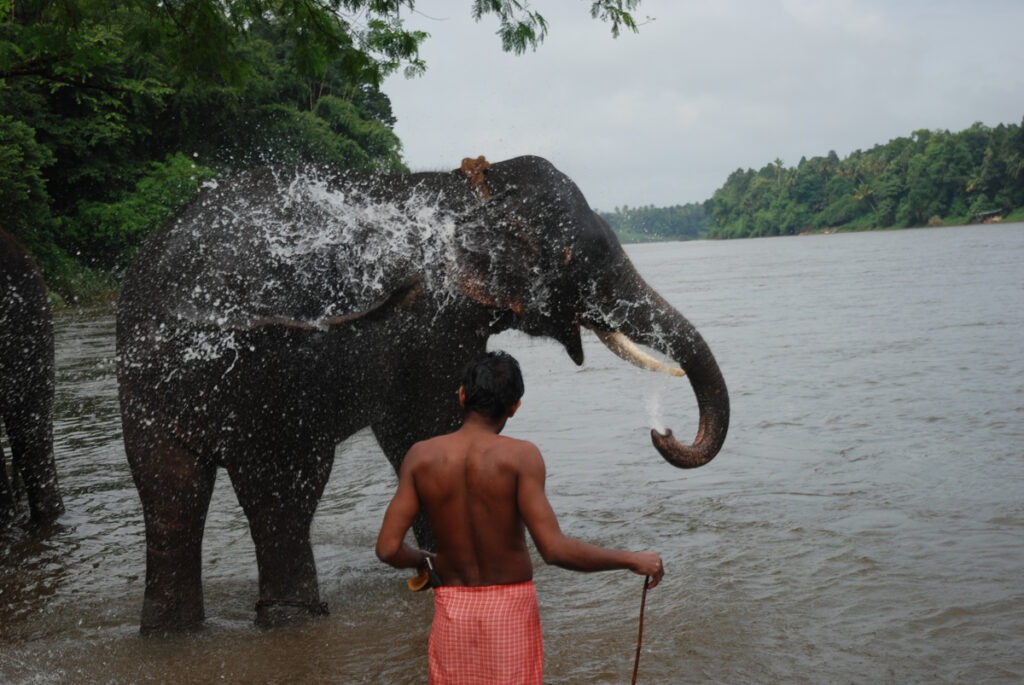
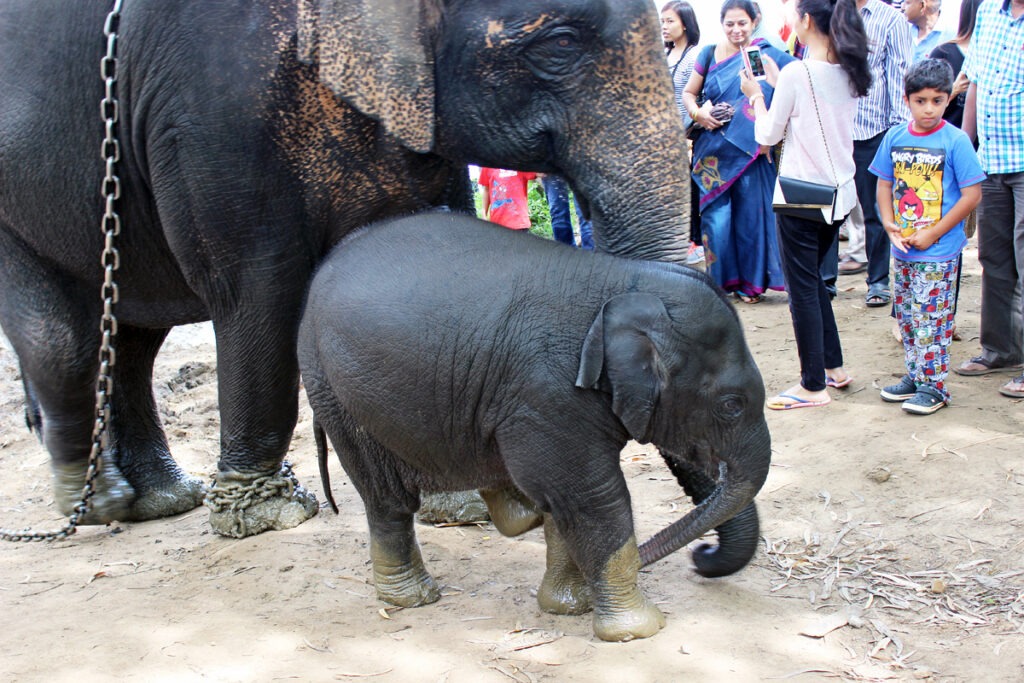
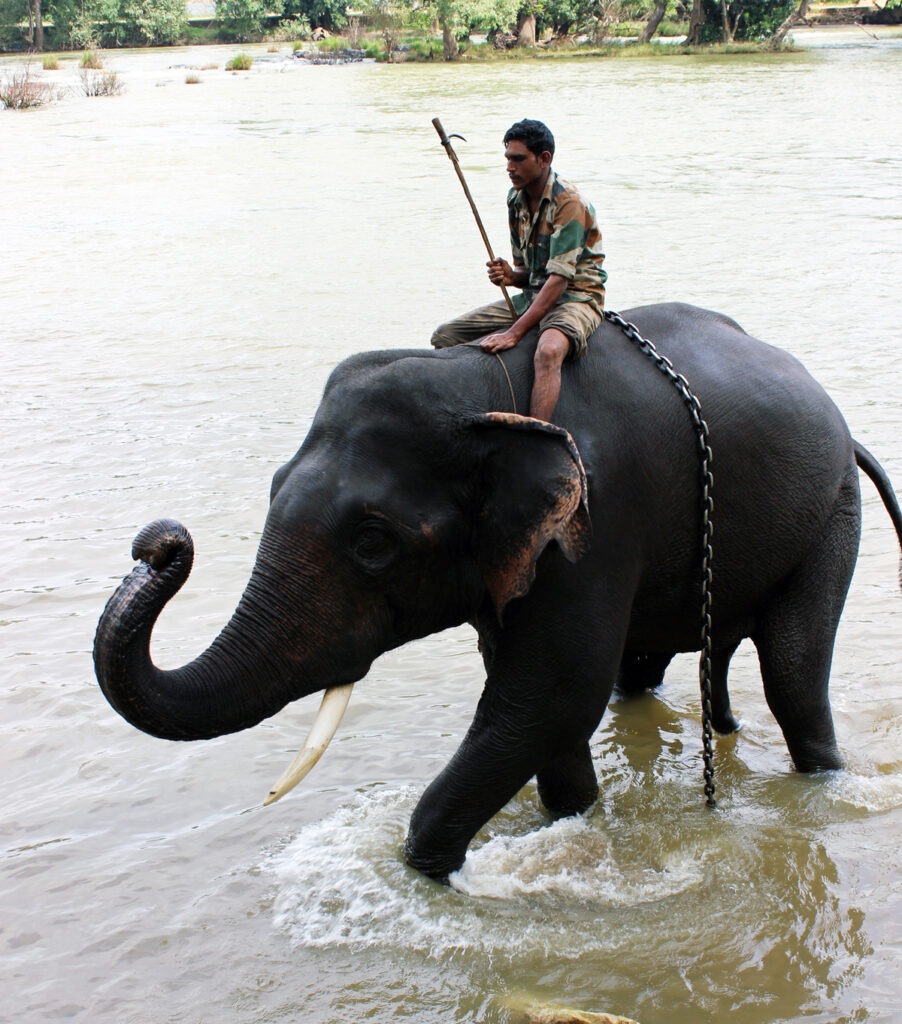
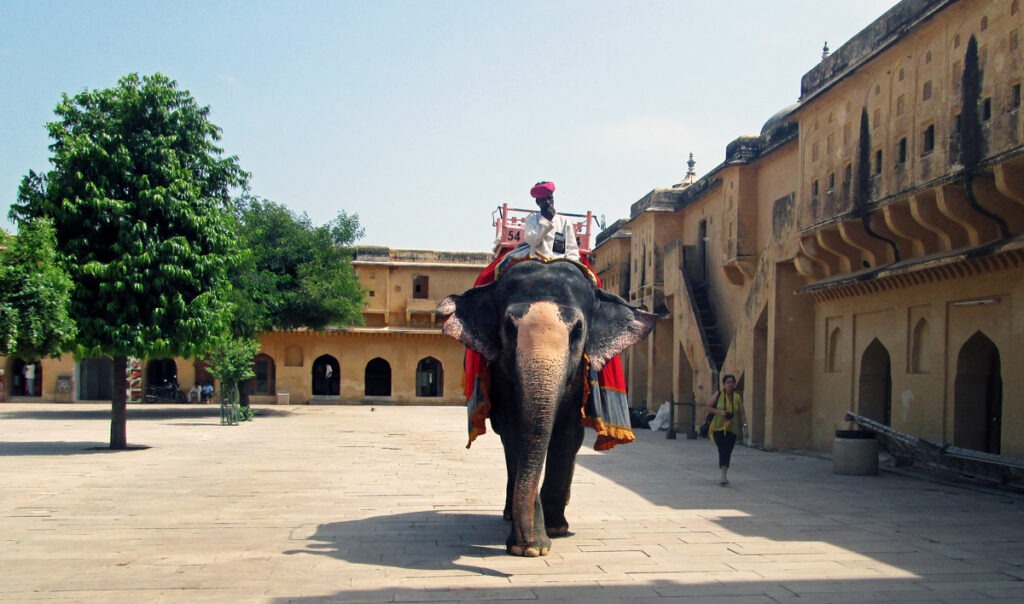
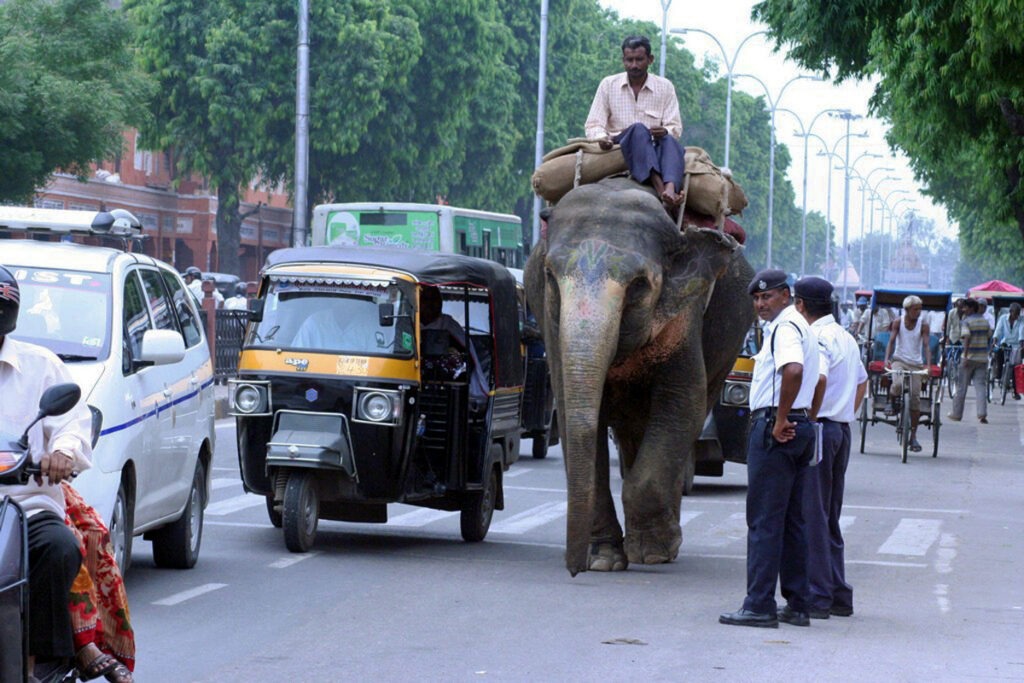
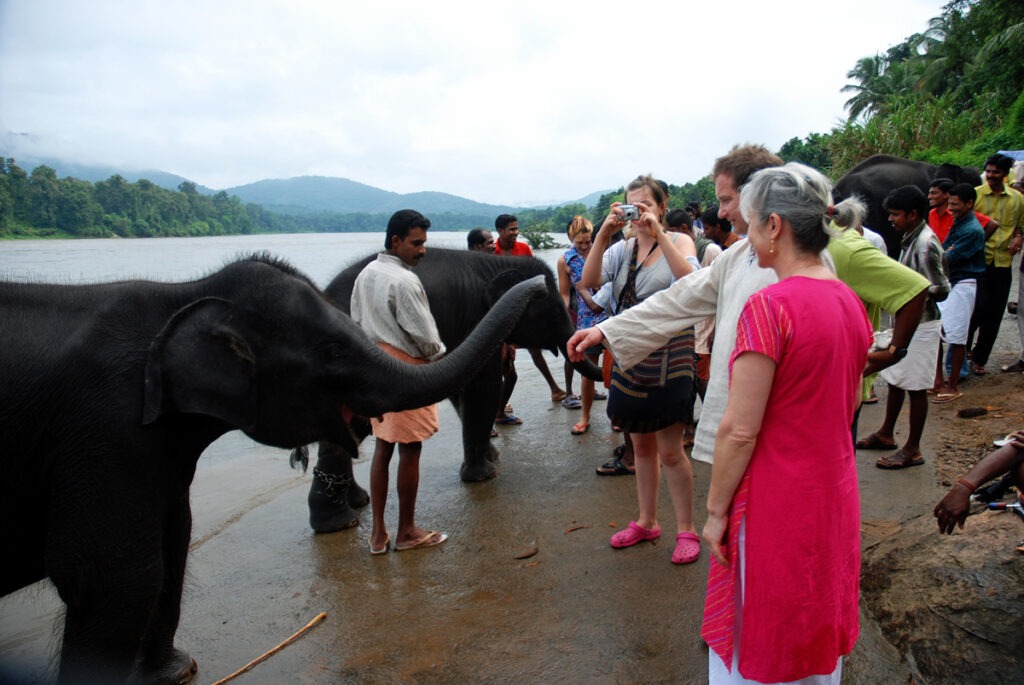
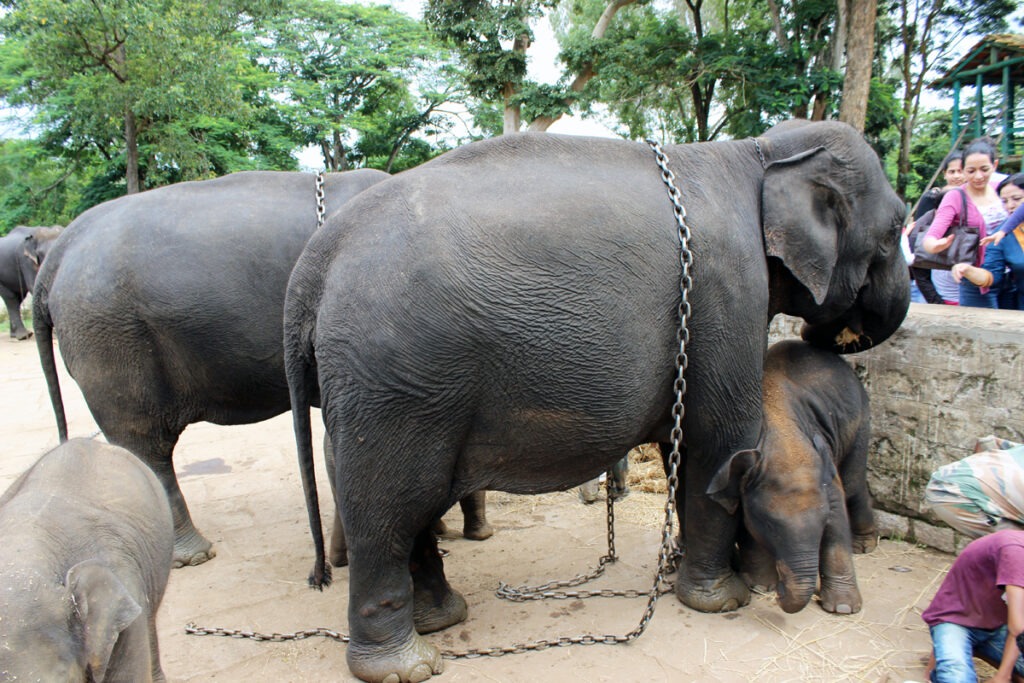


Comments are closed.